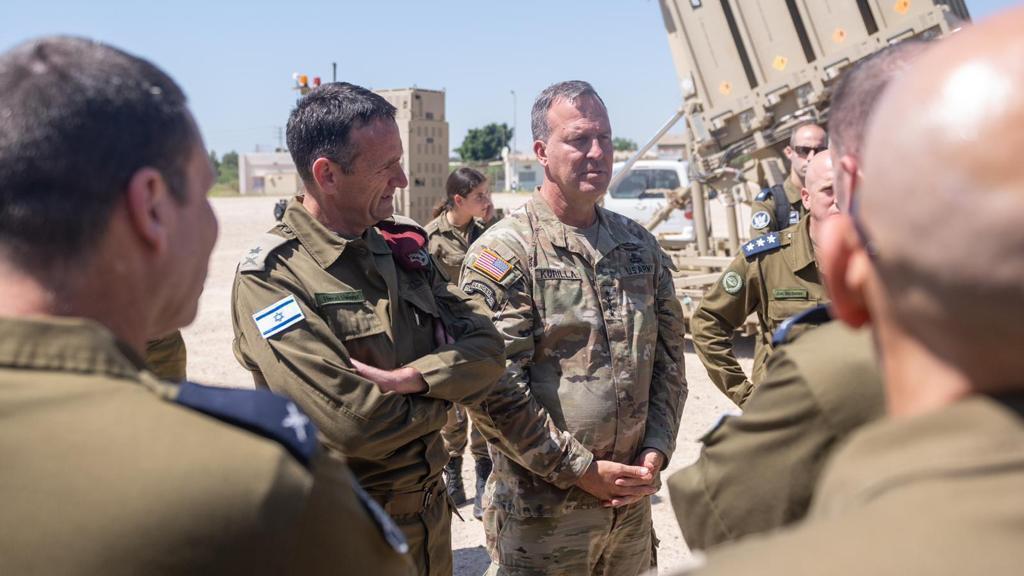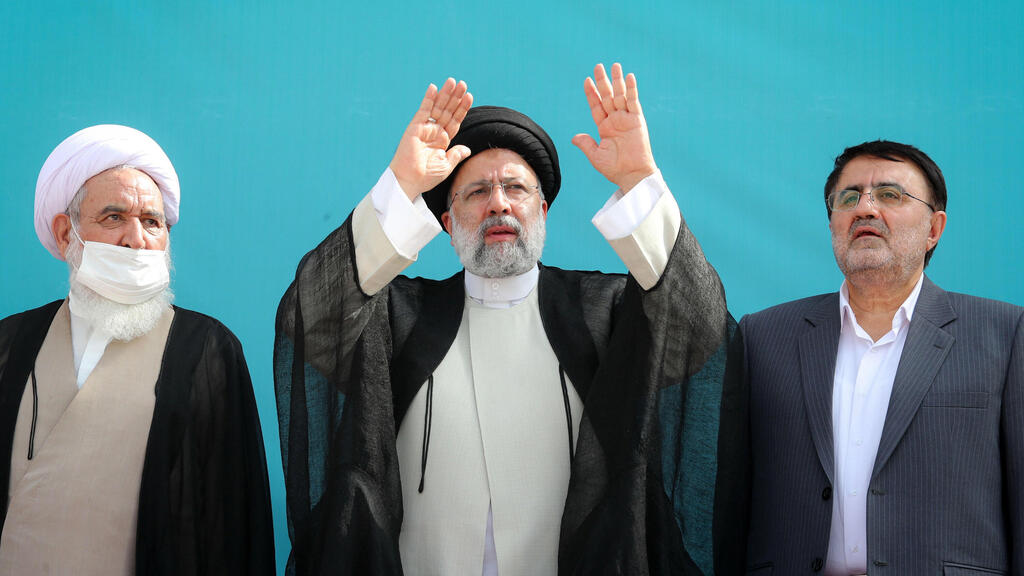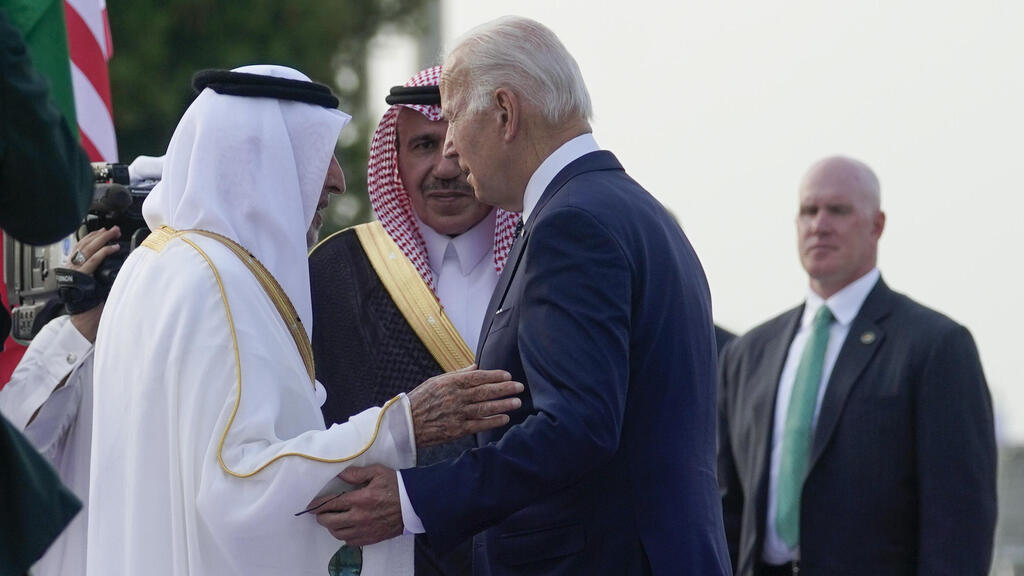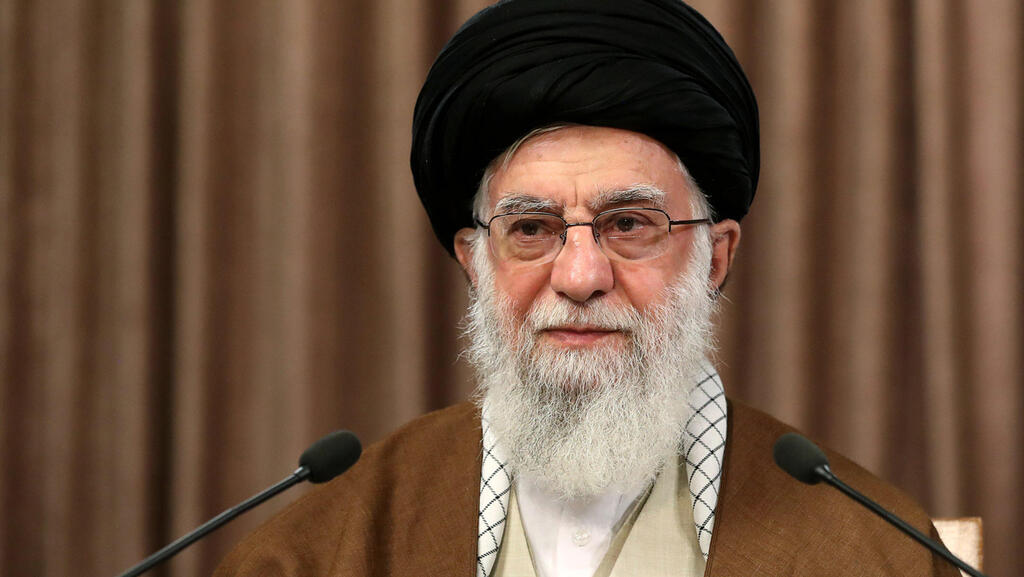Getting your Trinity Audio player ready...
Iran's leadership made a surprise announcement on Sunday, when they claimed that the Islamic Republic has the technical capabilities to produce a nuclear bomb.
Iran had vehemently denied its nuclear program has military ambitions, but in statements to Al Jazeera's Arabic service, former Foreign Minister Kamal Kharazi said the country was able to produce a bomb, but has so far chosen not to.
Kharazi claimed Iran's late Supreme Leader Ayatollah Khomeini forbade Iranians to produce nuclear weapons in a religious decree he made in the 1980s, and added that the current leader, Ali Khamenei, and his senior officials have also not yet made a final decision on producing a bomb.
Similar statements were also made by a former speaker of the parliament to CNN. The remarks were meant to reverberate throughout both the Middle East and the United States, begging the question: Why now? Why has Iran decided to change its stated position and announce it has the "technical ability" to produce a nuclear bomb, but has opted to refrain from doing so?
An explanation might be found in last week's Mideast visit by U.S. President Joe Biden, and the more adversarial positions taken by the Americans and the Europeans in the ongoing negotiations on a return to the 2015 nuclear deal.
The Iranians are afraid. They saw Biden and Prime Minister Yair Lapid standing side by side as they proclaimed repeatedly that "Iran will not possess a nuclear weapon." Biden also repeated those words in his meetings with moderate Sunni Arab leaders, which were convened in Saudi Arabia.
All indications point to Iranians wondering if behind the forceful statements made by Biden, a joint U.S.-Israeli plan is brewing, meant to foil their nuclear program and push its uranium enrichment production back by military or other means.
Iranians may worry that they had gone a step too far in their confrontational approach to the talks, leading the administration to agree to public and behind-the-scenes demands by Saudi Arabia and other Gulf states. The demands that may include a diplomatic approach along with an Israel-backed military option.
They are afraid. They see the IDF cooperating with the U.S. CENTCOM, and see its chief arrive in Israel soon after Biden leaves for Saudi Arabia. In their minds, the visit was meant to advance such an option, with the participation of Riyad.
5 View gallery


Head of CENTCOM General Michael Kurilla during joint military drills with Israel
(Photo: IDF Spokesperson's Unit)
They realize U.S. National Security Advisor Jake Sullivan repeated three times in one week that Tehran has decided to supply Russia with armed UAVs, expressing the American anger at Iran's intervention in the Ukraine war.
They are also reminded of the forceful position, which U.S. negotiators took in the last round of talks in Doha. There, they heard from the Americans that they would be making no concessions and that Iran can either accept their terms or quit.
Tehran was taken aback by the U.S. position. Their intention was to see the talks drawn out while they continue to enrich uranium. They were even more surprised to see the Europeans hold similar views to the Americans.
The Ayatollahs hear all this, including Biden's proclamations that the U.S. was returning to the region in order to stay and be present.
This causes slight panic. They remember the U.S. invaded Iraq twice in the past 30 years, and fear history may repeat itself, especially in light of the budding relations between Iran and Russia.
So, two senior officials, both close to the supreme leader, were dispatched to the media with an urgent announcement that was meant to appease the Saudis, the Israelis and the Americans.
Yes, Iran can make a bomb but has not decided to do so - yet.
Perhaps those statements would also increase American concerns over Iran's military capabilities and convince them to remove some of their demands in the nuclear negotiations.
In fact, Iran is not yet able to produce a nuclear weapon. It can enrich uranium to a military grade and in quantities sufficient to produce a bomb, but is not yet capable of producing the explosive device and the uranium metal core of a nuclear weapon, nor can it reduce it in size to fit a warhead that could be mounted on a missile.
The Iranians understand that in the West being considered a "nuclear threshold state" has its advantages because a country that can to enrich uranium to 90% is able bring the U.S. and the West bank to a more amenable position.
Officials in Israel are cognizant of Iran's fears, and the speech made by IDF Chief of Staff Aviv Kochavi on Sunday was meant to exasperate them.
Kochavi, directing his words to Tehran, said Israel was continuing and bolstering its preparations for a military action to stop Iran from obtaining a bomb, claiming it is the military's "moral" as well as security obligation.
Such an announcement make by Kochavi in the wake of the Biden visit was meant to increase fears among Iran's leaders of an Israeli-American-Arab scheme to attack Iran in the not-too-distant future.
Perhaps, there is no need for Biden to make an overt threat of the use of force for Iran to recalibrate its next move.





